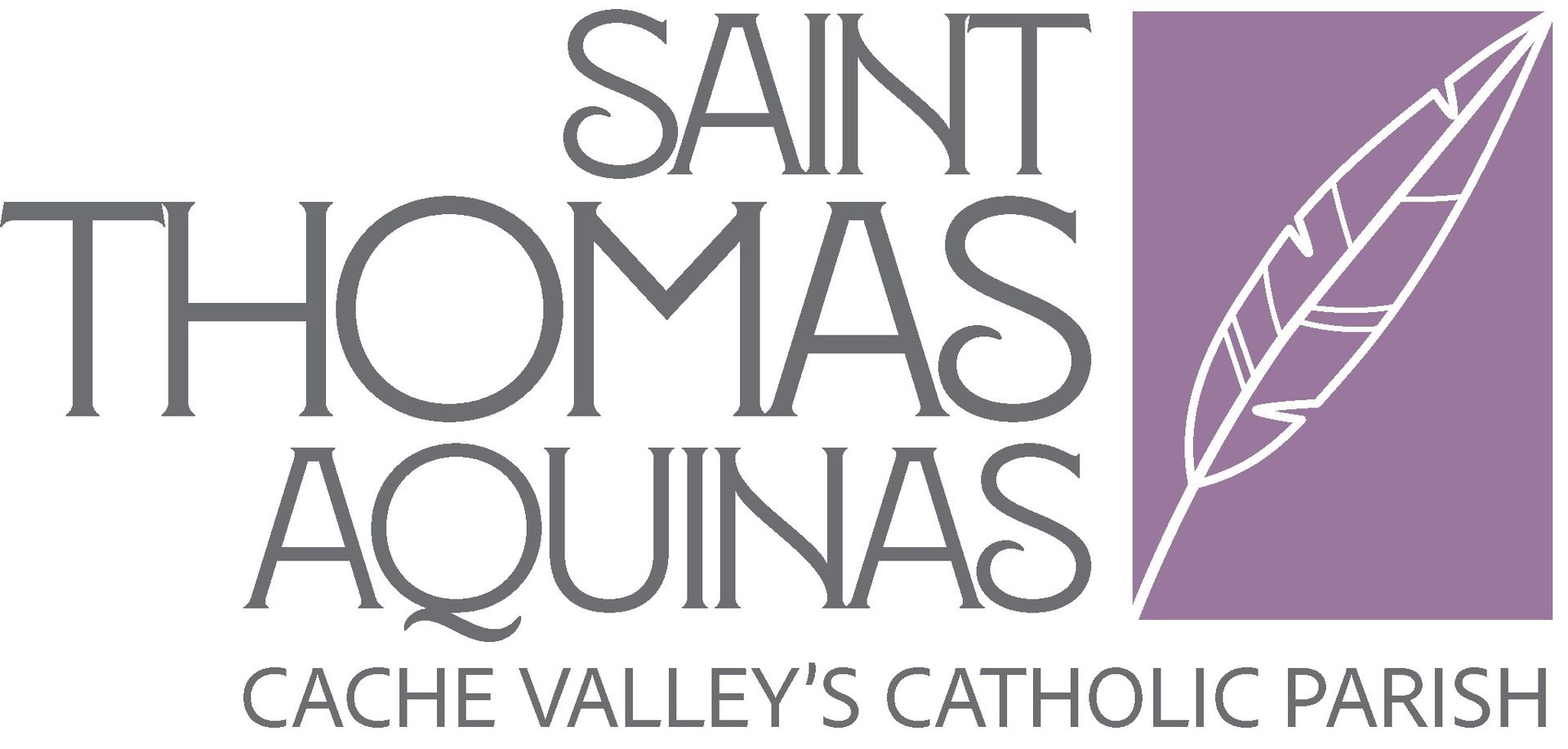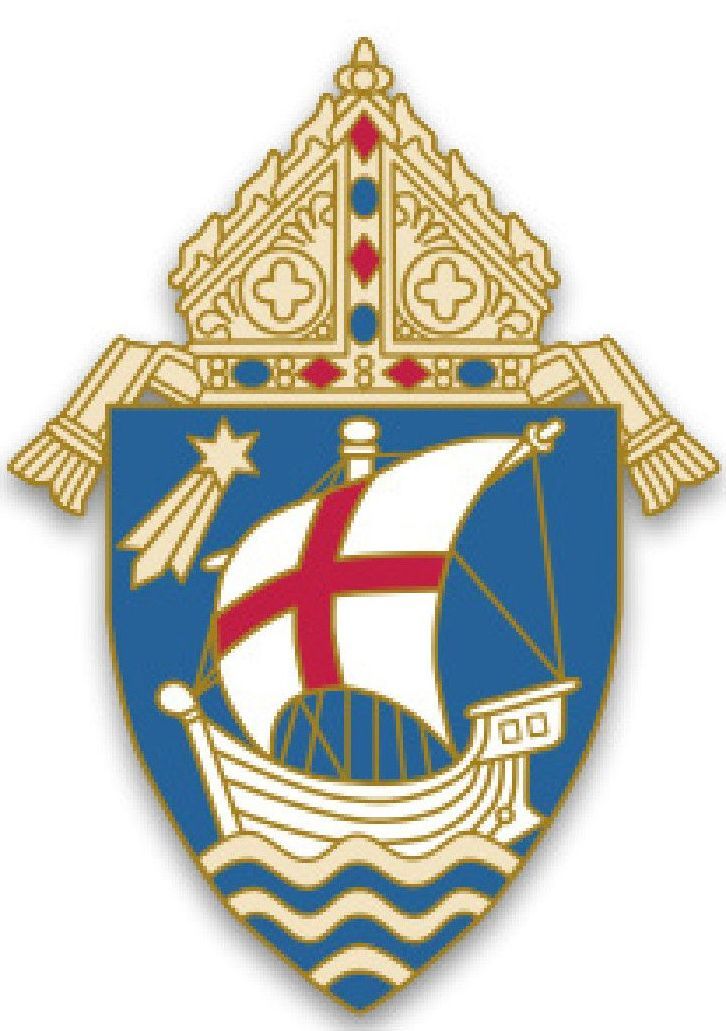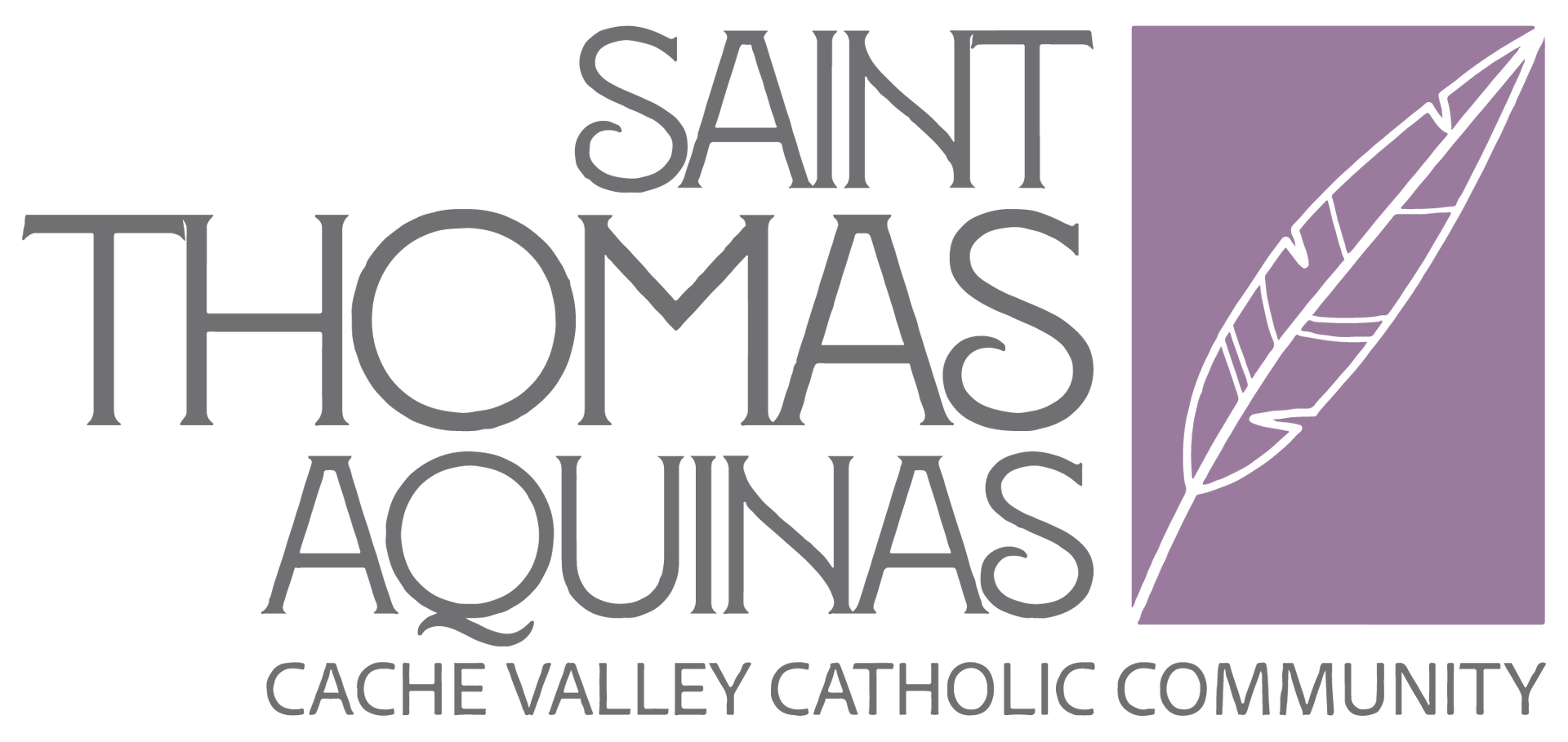become Catholic
Welcome! This page explains the process that you can use to learn more about the Catholic faith. We hope this information is helpful to you! The process by which adults come into the Catholic church is known as "the OCIA", which is short for "The Order of Christian Initiation of Adults."
Who is the process for?
1. The Order of Christian Initiation of Adults is for those who are unbaptized, or those baptized in another Christian community who did not receive further catechetical formation or instruction. The faith formation process includes attending classes over a full liturgical year (at a minimum), becoming an active part of the St. Thomas community by attending mass and participating in events, and living the faith. Classes for adults 18 years old and older are typically offered twice per month on Sunday evenings. Students may join the class at any time throughout the year.
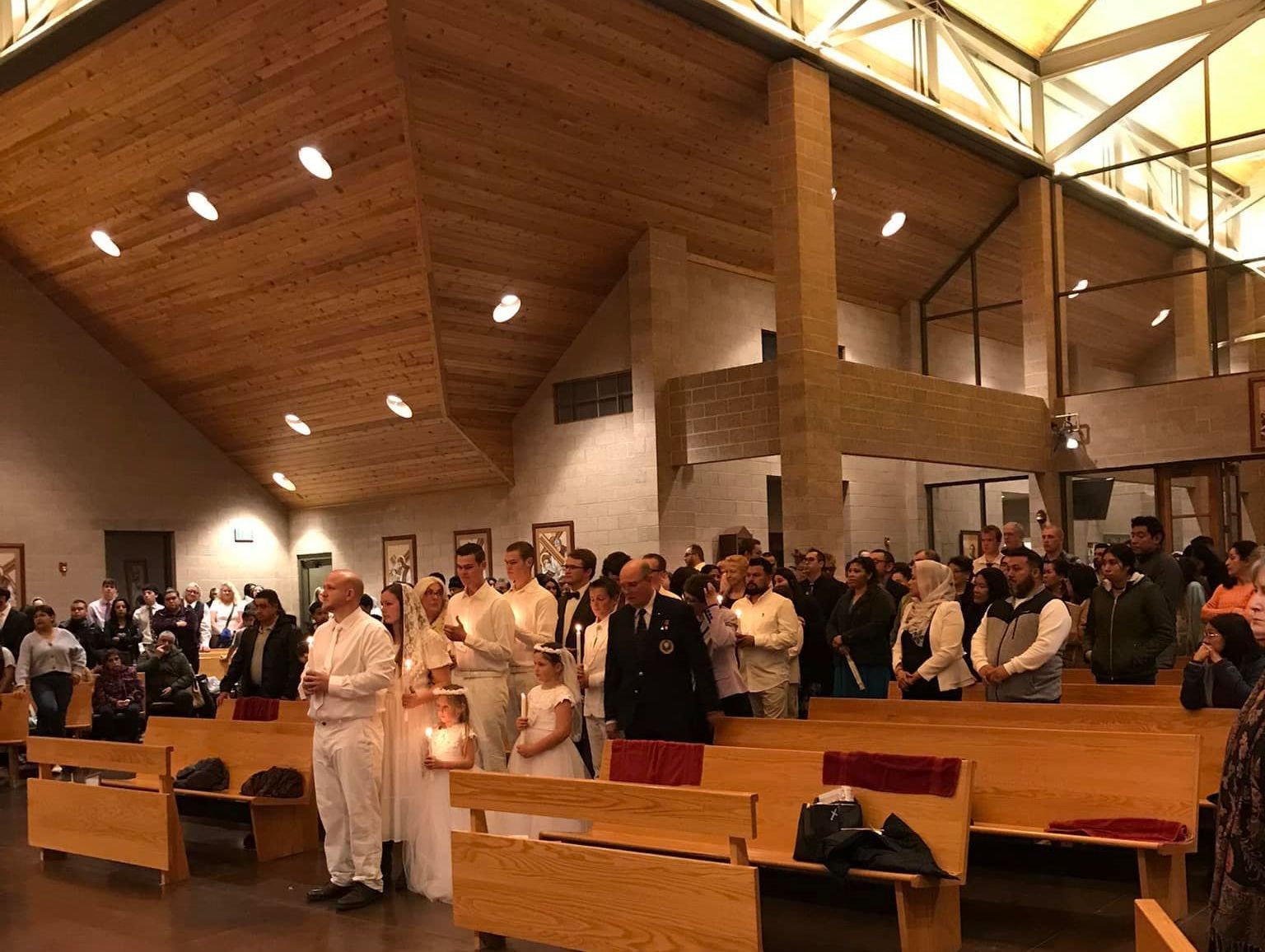
2. Children who have reached the age of reason (7-8 years old) through 17 years old, have their own Youth OCIA program. Youth classes are typically offered on Sunday mornings starting in September and continue through Easter. See Linda in the Religious Education Office for more information about faith formation for children.
3. Those seeking full Catholic Communion. These are baptized, practicing Christians from other denominations who seek entry into the Catholic Church. The length and requirements required for full communion into the Catholic Church are determined on a one-by-one basis.
The Order of Christian Initiation of Adults is not for adults who have already been baptized in the Catholic church and only need to prepare for Confirmation. St. Thomas Aquinas offers a separate Confirmation preparation process. For 2026, Confirmation preparation classes begin in January and run twice per month through April! Feel free to reach out to the parish or OCIA Director about Adult Confirmation Classes
STAGES of OCIA
The Order of Christian Initiation is based on the principle that the process of conversion proceeds gradually, in stages. Progress from one stage to the next is marked by a liturgical celebration in the presence of the parish community. The length of time required to progress may vary for each person. No person is ever required to progress through all the stages and is not forced to become Catholic once they start the program. A discussion of each stage is listed below:
Precatechumenate (Inquiry): The first stage is called the period of inquiry (or the precatechumenate). This is when the individual first expresses an interest in becoming a Catholic, and begins to explore, with the help of a catechist and the parish community, what his or her relationship with Christ might be and how that might deepened by joining the Catholic church. There is no liturgical Order that marks the beginning of this stage.
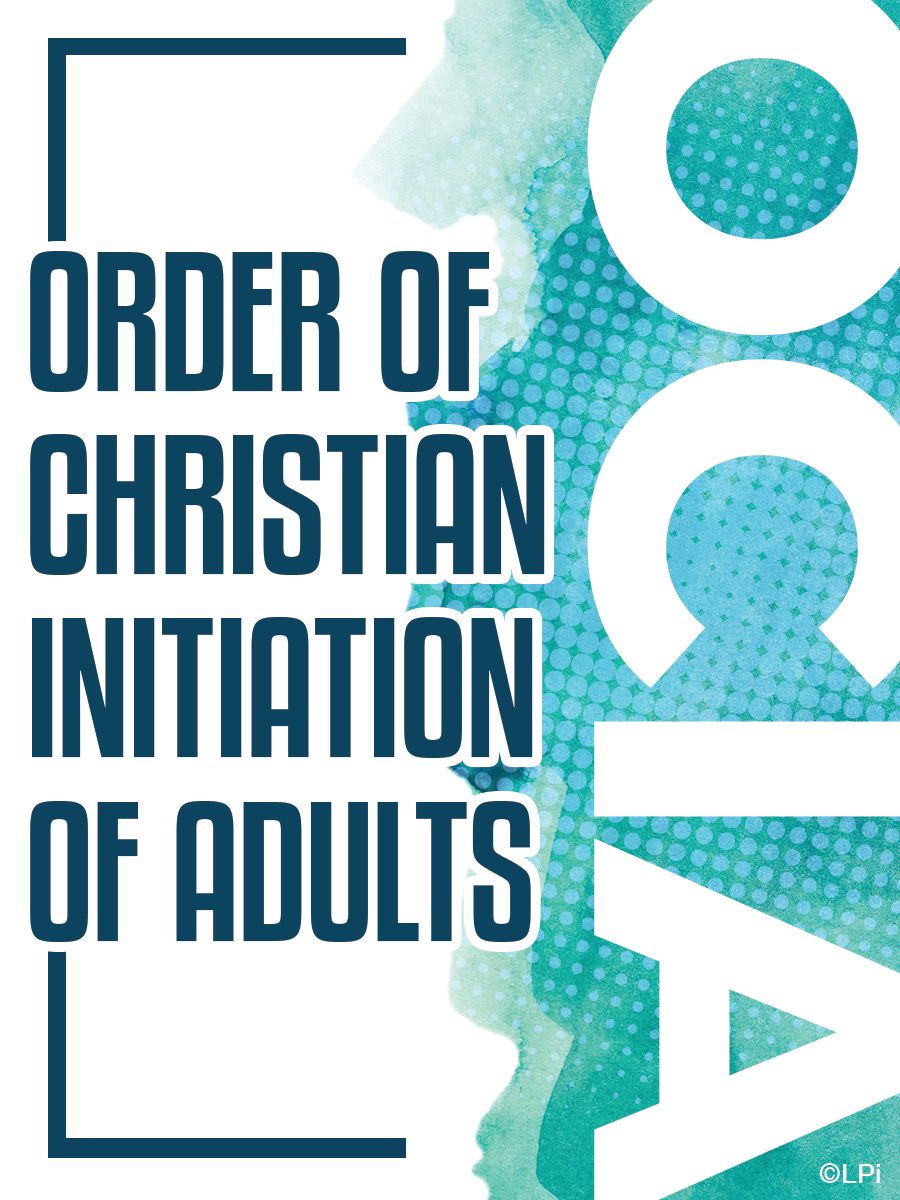
The period of inquiry may last several months or several years and ends either when the inquirer decides against pursing the Catholic faith or when the inquirer feels ready to join the OCIA process. St. Thomas Aquinas offers inquiry sessions on Monday evenings at 6:00pm in classroom S-4. Individuals may also contact the OCIA Director to receive assistance at other times.
Catechumenate: The second stage is called the catechumenate. This is the longest stage. For the unbaptized, who are now called catechumens, the process lasts from the time they enter the Catechumenate until the beginning of Lent that occurs immediately preceding the Easter Vigil where they are receiving their sacrament. For the baptized but uncatechized, the period should be of a similar length. For the candidates for full communion, this stage could well be much shorter. The Order of Entrance into the Order of Catechumens and the Order of Initiation mark the beginning of this stage. Catechesis for this period is rooted in the Lectionary and the Word as it is proclaimed in the midst of the community. This is also a time for the catechumen or candidate to learn how to live as a Catholic Christian. This period ends when the catechumens and candidates express their desire to receive the sacraments of initiation, and the community acknowledges their readiness.
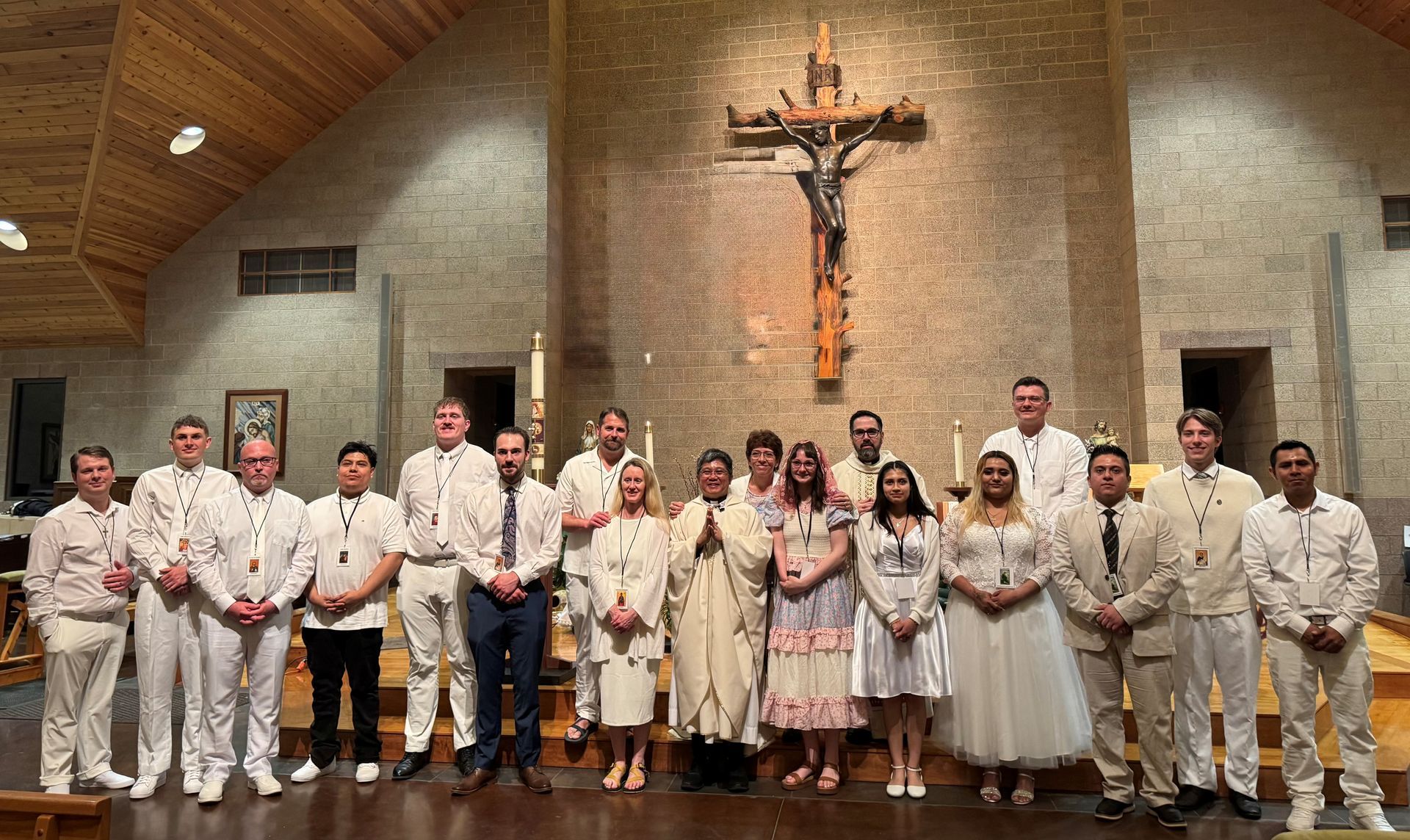
Purification and Enlightenment: The third stage is the period of purification and enlightenment, which coincides with Lent. During this time the elect (formerly the Catechumens) and the candidates enter a period of intense preparation and prayer which includes the three public celebrations of the scrutinies. The Order of Election is celebrated at the beginning of this stage. This period ends with the celebration of baptism, confirmation, and Eucharist at the Easter Vigil.
Mystagogy: The fourth stage is the period of post baptismal
catechesis or mystagogy. At this time, the newly initiated explore their experience of being fully initiated through participation with all the faithful at Sunday Eucharist. On a more informal level, mystagogy is a lifelong process, one that all Christians are engaged in, as we all work to deepen our sense of what it means to live the Christian life. It is important to note that those who fall into the third category above (candidates for full communion) do not always need to take part in the full process. Especially if they have been actively living the Christian life in another denomination, they are likely in need of very little catechesis and may be welcomed into the Church on any Sunday after a short period of preparation. According to the National Statutes for the Catechumenate,
"Those baptized persons who have lived as Christians and need only instruction in the Catholic tradition and a degree of probation within the Catholic community should not be asked to undergo a full program parallel to the catechumenate."
Still Interested In Learning More About The Catholic Church and the OCIA program at St. Thomas Aquinas?
OCIA Coordinator
Parish Office
Resources
